The Country Women’s Association celebrates 100 years and sets its sights on the next 100
The Country Women’s Association has been the backbone of the bush for 100 years but there has been a call for it to modernise and to embrace topics it has previously shunned.
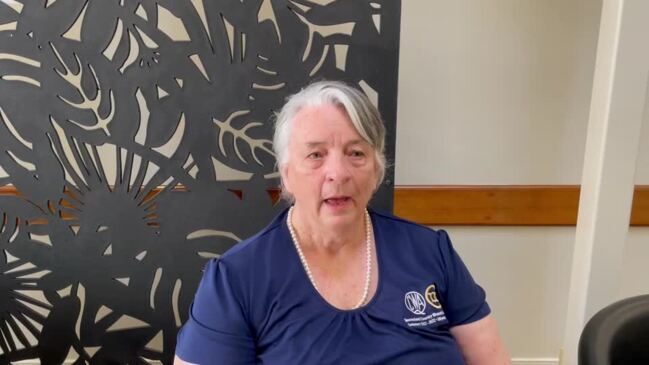
Sydney Weekend
Don't miss out on the headlines from Sydney Weekend. Followed categories will be added to My News.
They may be famous for their scones and stitching, but over the past 100 years, the Country Women’s Association has changed lives.
It was in 1922 that a group of determined women from the city and the country joined forces to help those in the bush. From campaigning for a woman’s right to vote to championing the government for change or helping save the wool industry in the 1930s the group was always ahead of its time – and in its 100th year, now is the time to celebrate it.
The birth of the CWA heralded a new era for women in the bush, said NSW Governor Margaret Beazley in Liz Harfull’s book, The Women Who Changed Country Australia.
“The ‘silence’ was replaced with advocacy as women realised a keen sense of their own power, drawing together ‘all women, children and girls and making life better, brighter and more attractive, thus helping stop the drift from the country to the city’,” she said.
The CWA established baby health centres, maternity wards and hostels in rural areas – even the country’s first volunteer ambulance service.
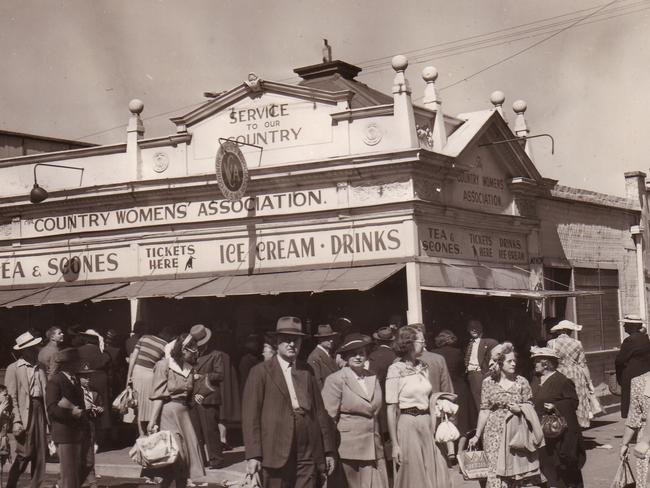
“Creating a platform for women to discuss, debate and unite on policies that affected them and their families, the CWA would become a formidable force and have an immense impact on the state’s political, social, economic and cultural landscape,” Beazley continued.
“As a result, countless policies have been implemented which have improved the lives of women and families in regional and rural communities.”
State president Stephanie Stanhope says the iconic association’s centenary speaks volumes about the countless women who overcame significant challenges to make their important contributions.
“Over the past 100 years, the CWA of NSW has continued to stay relevant and forward thinking,” Stanhope says.
“It is still demonstrating that it can make a real difference to the lives of women of all ages and cultural backgrounds, in the spirit of friendship, co-operation and support.”
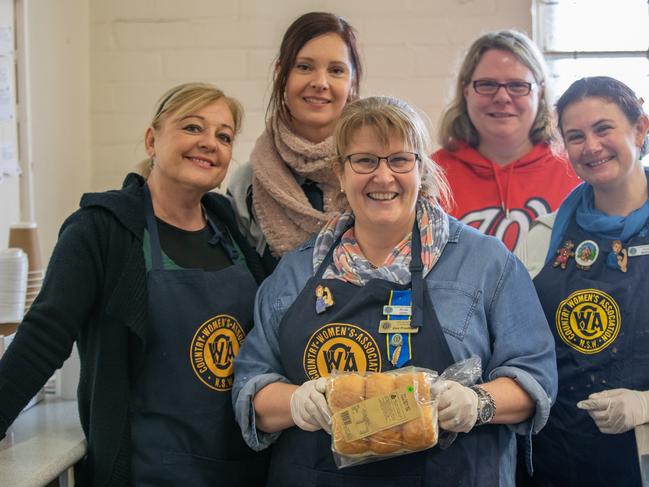
Stanhope also inspired her now Bega-based daughter Miranda Shearer, 30, to join the CWA as a junior member as a child. She transitioned to a full member when she turned 18. Shearer, who works as a clinical nurse specialist in wound care, stays in the CWA because she believes it to be an organisation that still has a real and important impact on society.
For her and so many others it’s not just about baking – it’s the political nature of the century-old group.
“As I work it is difficult to get to meetings, and also as the only person younger than 50 the activities and topics are usually not relevant for me – I am more interested in the political side rather than the baking or crafts,” Shearer tells Sydney Weekend.
“However, I do love baking so I enjoy participating when I can.
“But working in health, especially in an area like the Bega Valley, I see the deficits and the impact that this has on the local population – which are older on average than most other areas in NSW.
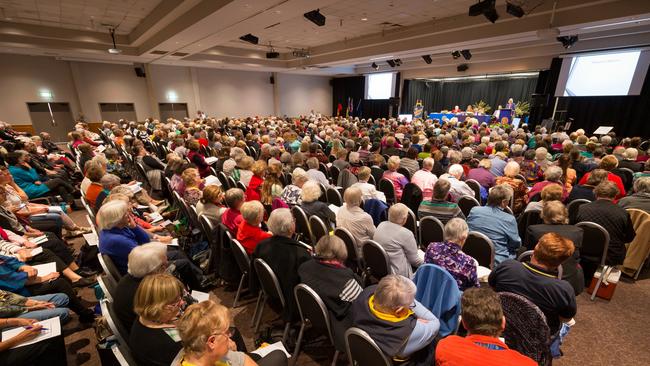
“It makes me feel less powerless knowing that I have this avenue to bring up these issues with policymakers.”
While the experience has been a special one for Shearer, it can also be a topic of ridicule among her friends.
“CWA is seen as an ‘old ladies club’ and I find that often this isn’t always an incorrect description,” she says.
“It can be hard to find a place for younger people as there are many generational differences – however, in general, the principles of CWA transcend age and if you try, you can find a niche that works for you.”
While her involvement started as “forced involvement” by her mother and fellow member, she soon grew to love it as much as she loves her favourite CWA recipe – jam drop biscuits.
“My mother has a habit of volunteering her children for activities, so yes I did see her baking and bake with her when I was growing up but I was also ‘volunteered’ for CWA functions and activities as a child,” she laughs.
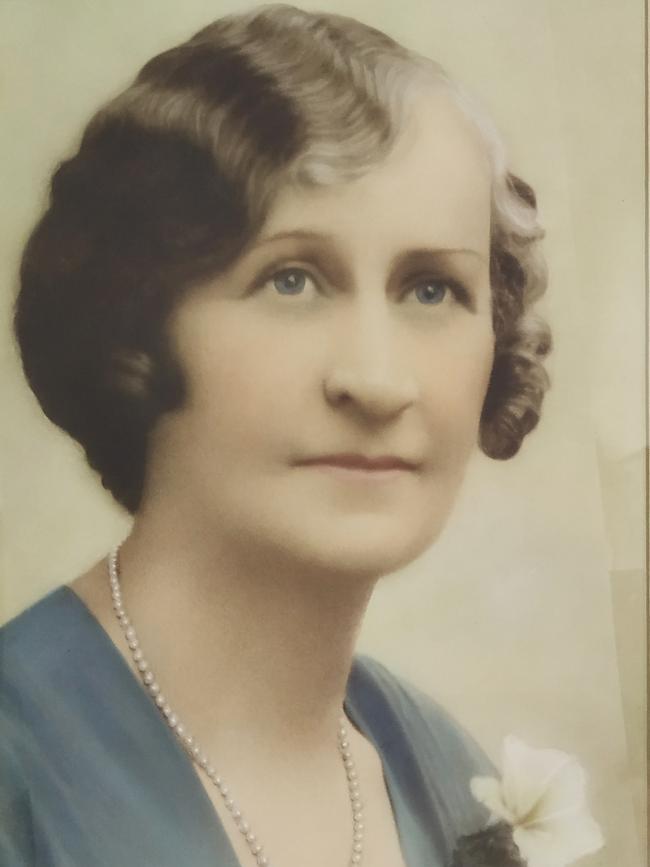
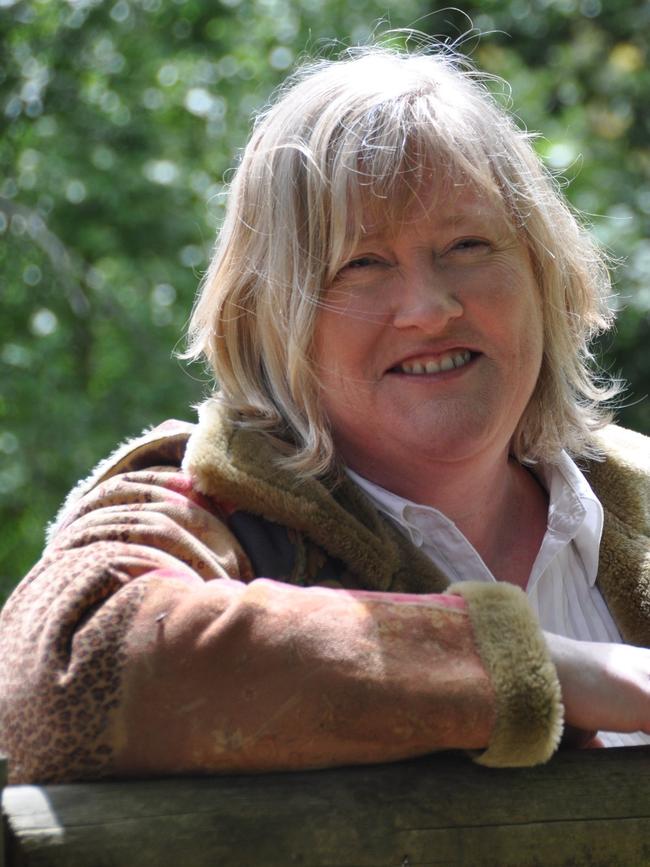
“It started as a forced participation but over time I ended up wanting to be there too.
“I am proud that CWA has got to 100 years, however, I am also disappointed by some of the challenges and roadblocks that some members face considering that we have been around for 100 years.
“I had a motion presented at the 2022 conference to remove the rule that allows any member from the floor at conference to move that a motion ‘not be put’.
“I disagree with this, as a motion that gets to conference has gone through a rigorous vetting process and when a motion is not put it is basically just erased.
“Often this rule is employed when a motion goes to conference that is controversial – like voluntary assisted dying or gender-neutral school uniforms – with the reasoning that CWA shouldn’t have opinions on controversial topics.
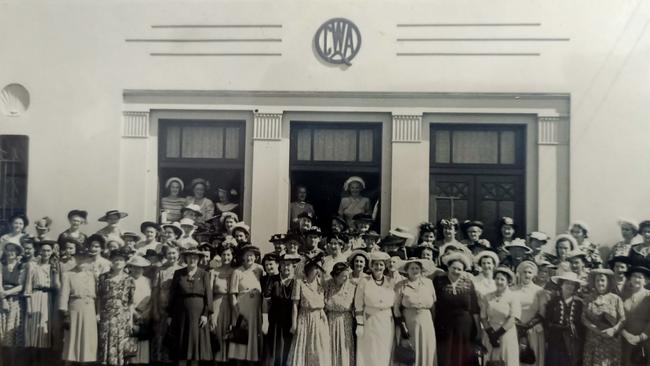
“I wholeheartedly disagree with both the idea that CWA shouldn’t have opinions on these topics and that anyone has the right to dismiss another’s motion.
“These motions are important to someone, and we should be respectful enough to discuss the issue before making a decision.
“Even if the motion is ultimately lost at least there has been due diligence in discussing it and validation for the people bringing this motion to conference that reinforces that any member can be heard or make an impact in CWA.
“When CWA started 100 years ago, they were fighting for things that were important for them, such as maternal and paediatric health access, and over those 100 years have made a big impact on everyday life for NSW residents – such as fighting for seatbelt laws.
“It upsets me that CWA as a whole seems to struggle with maintaining relevance and having a voice on topics that are important – and potentially controversial – which may impact on the ability for CWA to continue for another 100 years.”
While Shearer says not all aspects of the CWA are relevantto younger people today, she believes they easily could be.
“Things such as the country of study are, in my opinion, unlikely to interest younger people who these days have access to most information immediately via the internet,” she says.





